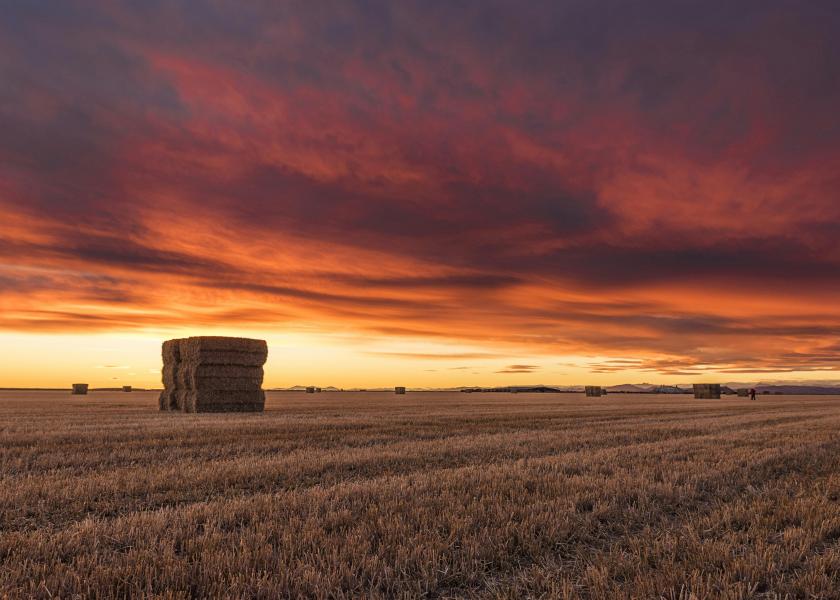Cornett: We Were Wrong on ‘Cheap Food’ Policy

This column
https://www.nytimes.com/2024/02/26/opinion/white-rural-voters.html
from the New York Times’ Paul Krugman cites the similarities between social decay in the inner cities and—whoa—rural America. It’s very uncomfortable to read. But…
Krugman blames it--the unemployment, the drugs, the high rate of food stamp recipients and other welfare-- on the loss of jobs. Says we’re being supported by the affluent urban areas. And, he has a point. But…
Look at your small town. Look at the empty businesses, gone to flea markets or antique stores if you’re close enough to a city. When I was a kid, about every town had at least one tractor or implement dealer, two or more car dealers, a locally owned grocery, a clothing store or two, a locally owned bank, a movie show. Maybe a small manufacturing plant. A whole environment right there.
There were good jobs and bad jobs. Business owners and working people. Big houses. Little houses. Rich kids, poor kids on the same playgrounds.
And what kept them in business was, largely, agriculture. My little ranch has no fewer than 4 old homesteads on it. Each of them supported by a family that needed all that stuff the local businesses provided.
But at that time, a trip to the city to shop was a bit of an undertaking. Two lane roads, cars that lasted 50,000 miles. And, before Walmart and consolidation among other retailers, there wasn’t that much difference in prices. We went to the city for selection or big buys, like back-to-school sales.
But the big killer of small-town America has been farm consolidation spurred by federal farm policy. The older I get and the more history I live through, the more I think we’ve been on the wrong track my whole life—which began at the end of WWII.
We in ag have called it a “cheap food” policy. But I’m not sure how much consumers benefit from a policy that promotes exports of grain over the production of vegetables and fruits and beans—the stuff we think of as “food.”
For me, a son of the Ogallala Aquifer, the transition in thought began with how we’ve used up this precious resource growing subsidized cotton and grains for export. I accept my share of the blame. I’ve been there from the time my dad drilled some of the earliest wells to today when I have a piece of irrigated land. Pumping, pumping away a resource that has been building for millennia. Our grandchildren are going to regret that.
I don’t think it’s just nostalgia to think all this progress—much of it driven by government decisions—has cost us dearly. I think there was value beyond economics to the agriculture of my youth, with chicken houses to be scooped and cows to be milked and gardens to be tended. And the small-town ecosystems that lifestyle supported.
Don’t get me wrong. I was right there with “get big or get out” Earl Butz. But in retrospect, I think we were wrong.
Steve Cornett is a former editor for several national livestock publications including Farm Journal. He's now out to pasture on his ranch in the Texas Panhandle. You can tell him what you think at Scornett9163@yahoo.com







